College debt is a frequent topic of discussion in America – understandably so with Americans owing a collective $1.65 trillion in federal student loans. And only 47% of recent graduates in 2022 found jobs related to their college major. It’s understandable that so many people are considering alternatives, like learning a skilled trade. There are many ways to earn a great living without a college degree, but many of them require an occupational license, and that list is growing.
State-approved licensing programs, which were designed to ensure the quality and safety of certain professions, have evolved into complex and time-consuming processes that gatekeep those professions to keep people out. While these programs may take several years to complete, they often lack recognition outside the issuing state, making it challenging for individuals to complete their training or relocate for job opportunities. This system not only hinders professional mobility but also prevents many Americans from achieving their aspirations.
Occupational licensing, essentially a government-issued permit to practice a specific job, has become increasingly prevalent in our workforce. Just 60 years ago, only one in 20 jobs required such licensing. But today, that number has risen to one in four. Every state, along with the District of Columbia, imposes strict and protracted requirements for a wide range of professions.
These prerequisites often involve significant financial investments, taking several years to complete. For example, the journey to become a licensed cosmetologist can cost an average of $16,000 and demand between 233 to 963 days of training under state-approved programs. That investment in time and money is enough to prevent many people from pursuing a profession that could lift them into prosperity.
In some jobs, there are no risks associated with being unlicensed. It makes sense for surgeons to need a license, but when it comes to upholsterers, interior designers or hair shampooers working in salons, licenses simply restrict competition and make it harder for people to work. These have repercussions beyond what you may think, like making it harder for people to find legitimate jobs after being incarcerated.
It also makes life difficult for anyone moving across state lines, especially military families who do so often. After investing years of effort and resources into these training programs and gaining on-the-job experience, these licenses are frequently valid only within the state that issued them. If, for instance, a barber from California or Texas wishes to relocate to Hawaii or New York, they are unable to continue their profession. Instead, they are compelled to start the licensing process from scratch in the new state. They have lost none of their skills or experience by moving to a new state – it’s simply a way for the new state to generate revenue.
The solution to this conundrum is simple yet powerful: adopting licensing reciprocity. This approach involves states recognizing the education and licenses of individuals from other states, streamlining the process of entering these professions and enabling workers to relocate without the burdensome hassle of re-licensing or spending money on redundant training. Implementing licensing reciprocity would not only simplify entry into various professions but also broaden the pool of qualified candidates.
In today’s America, the path to pursuing the American dream too often has bureaucratic hurdles in the way. The current state of occupational licensing in the United States poses significant barriers to professional mobility and can deter many from pursuing their dreams. By streamlining occupational license processes and recognizing licenses across state lines, we can make it easier for Americans to find employment and truly embrace the freedom to move throughout the country. This change not only benefits individuals but also contributes to a more dynamic and adaptable workforce, reflecting the true spirit of the American dream.
